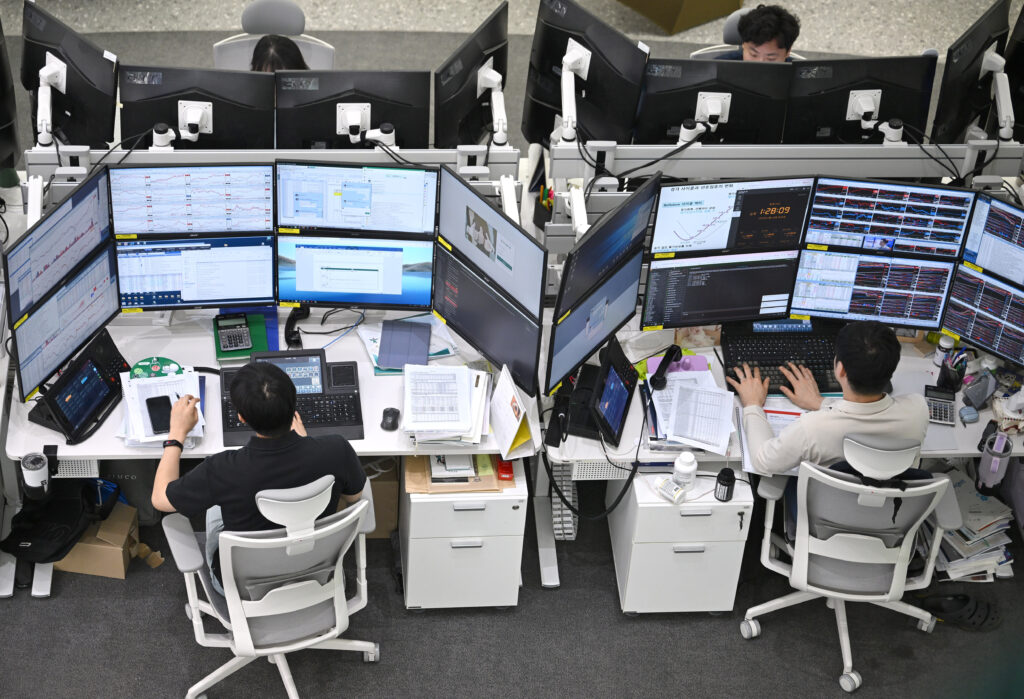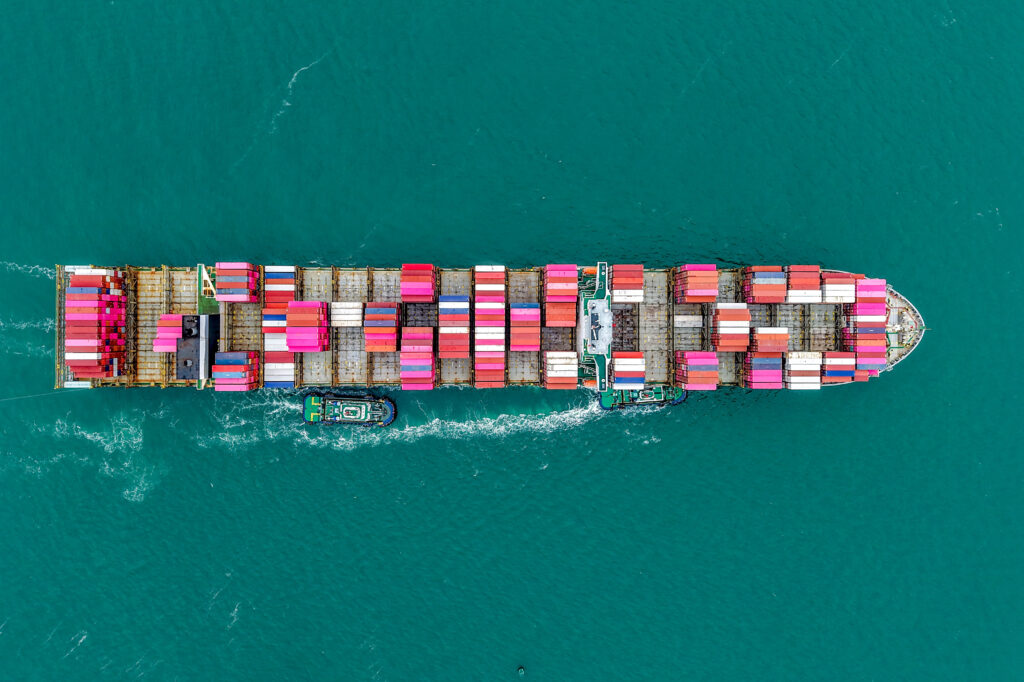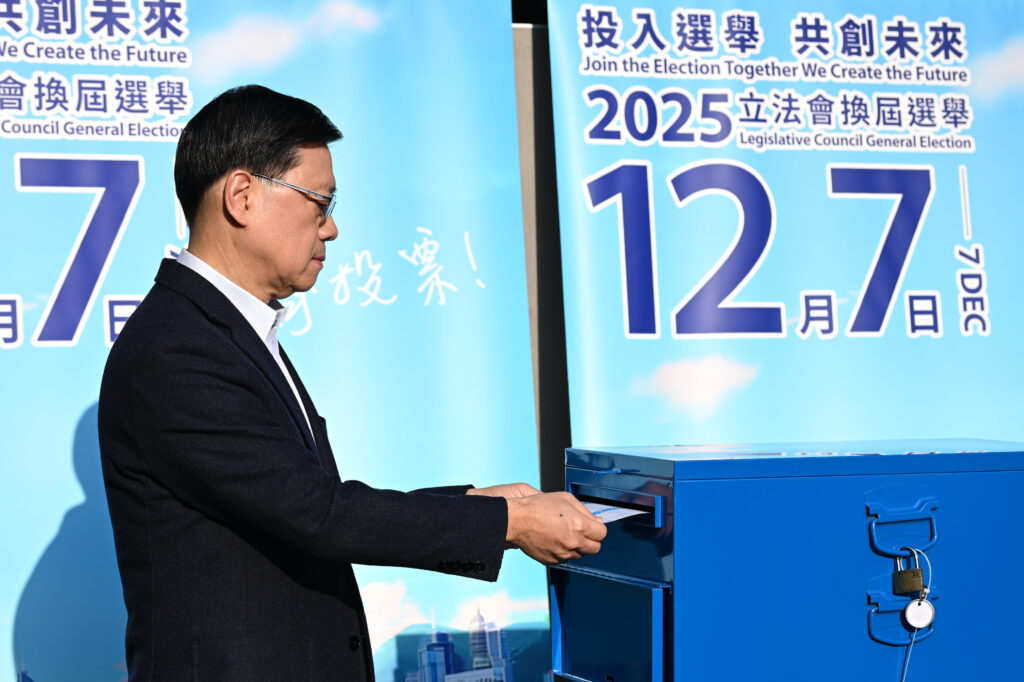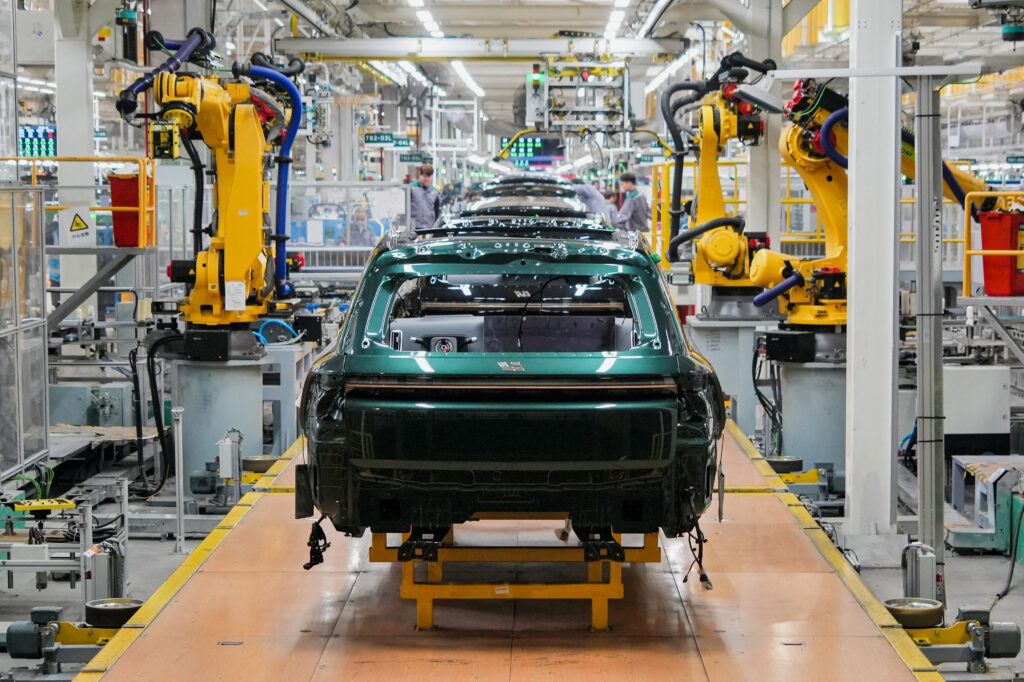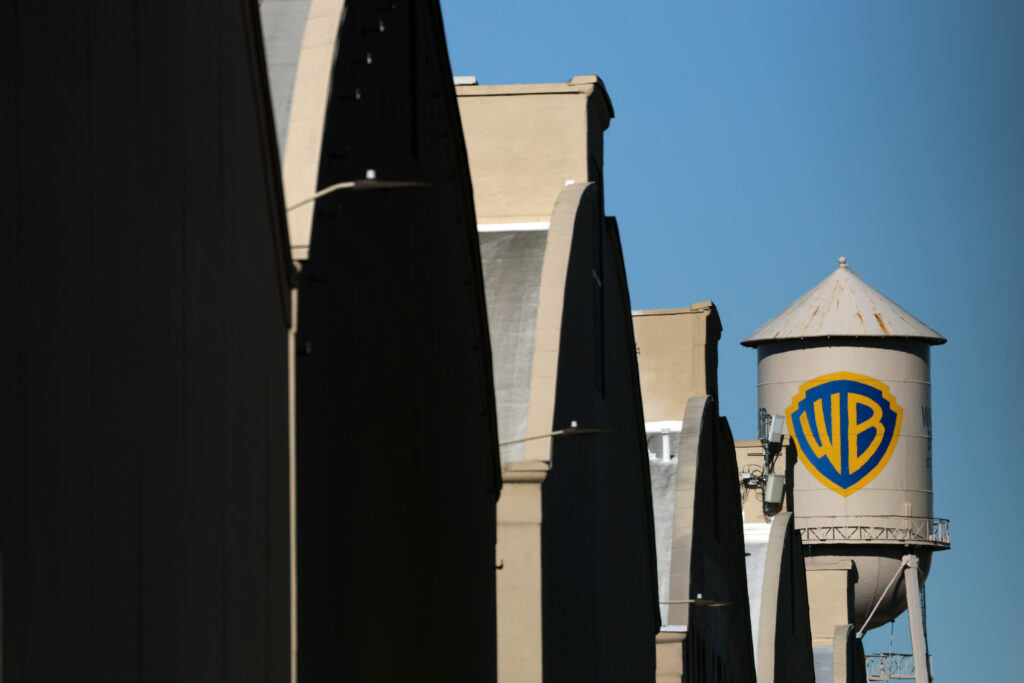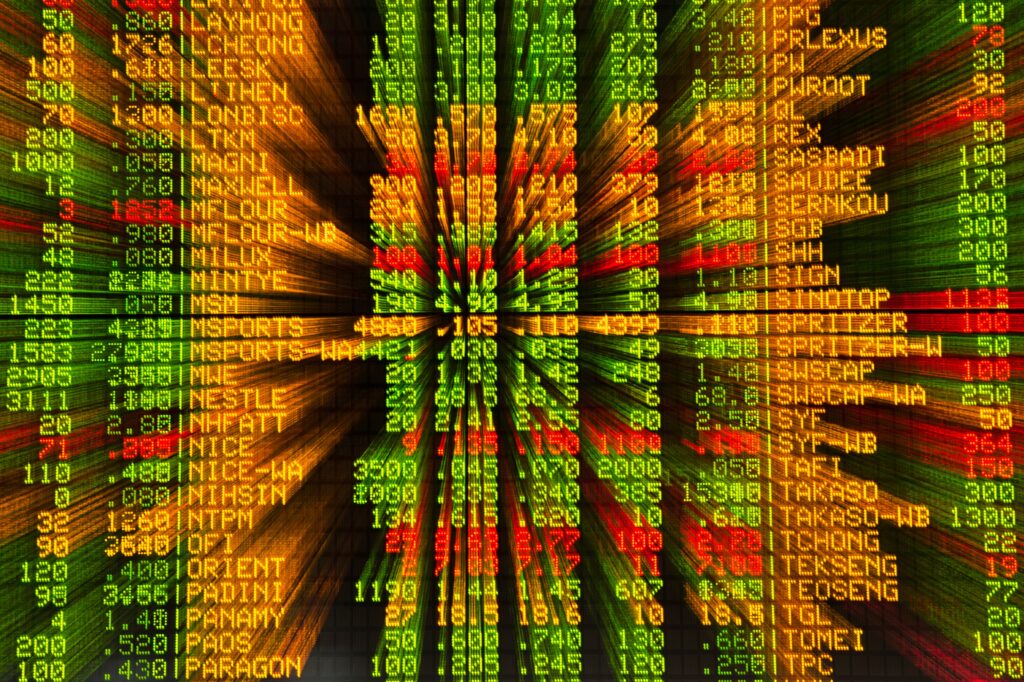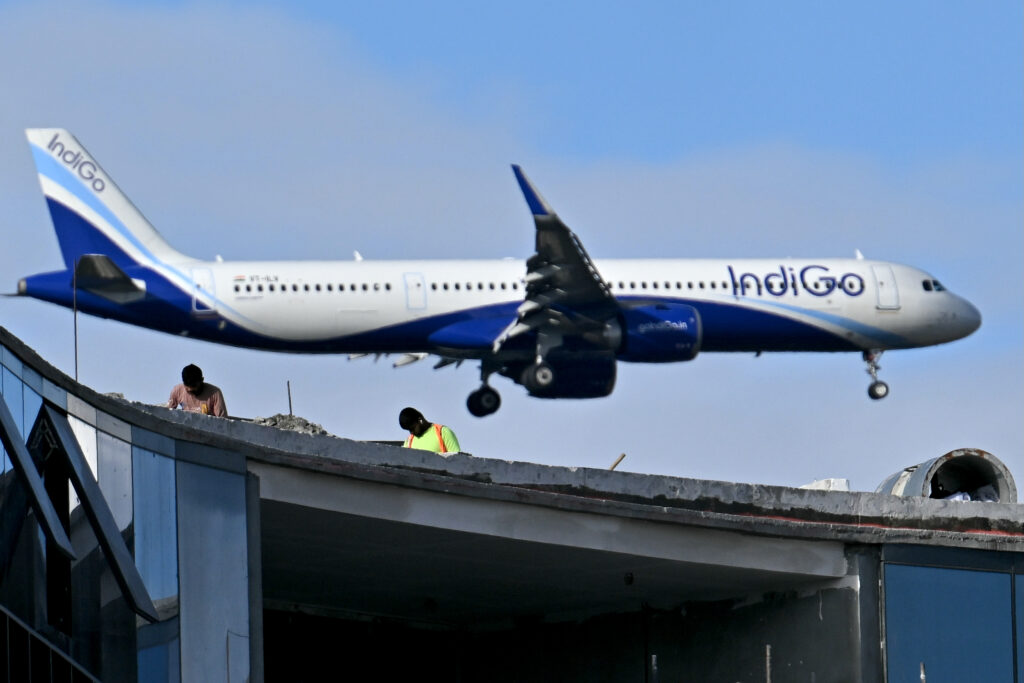Stocks mostly rise as Fed set to cut US rates
Major stock markets mostly rose Monday as investors geared up for an expected cut to US interest rates and clues over how many more reductions, if any, could happen next year as inflation stays high.A cut to American borrowing costs Wednesday is almost certain following comments from key decision-makers and data pointing to a weak US labour market.However, after US inflation data Friday suggested prices remain elevated, chances of several more reductions to rates in 2026 have subsided.”A rate cut (Wednesday) when inflation remains well above target, should be a one-off,” predicted Kathleen Brooks, research director at traders XTB.The “market is underpricing the uncertainty in the outlook for the Fed next year, which could lead to a big market reaction if the Fed does not have the appetite for more cuts”, she added.The London and Paris stock markets dipped in late morning deals on Monday, while most other European indices gained.Frankfurt won 0.2 percent after official data showed German industrial production unexpectedly jumped in October — the latest sign that Europe’s crisis-wracked top economy may be turning a corner.On the corporate front, shares in The Magnum Ice Cream Company — whose demerger from Unilever was completed at the weekend — rose nearly one percent as its main listing began trading in Amsterdam.In Asia on Monday, Shanghai closed up 0.5 percent after official figures showed Chinese exports rose in November at a forecast-beating pace, pushing the country’s trade surplus past $1 trillion for the first time.The surge came despite a plunge in shipments to the United States last month, with below-par imports highlighting the battle Beijing faces in trying to kickstart consumer activity and economic growth.Traders are keeping an eye on China-Japan tensions following news that Tokyo summoned Beijing’s ambassador after Chinese military aircraft locked radar onto Japanese jets.Relations have cooled since Japan’s Prime Minister Sanae Takaichi last month suggested that Japan would intervene militarily in any Chinese attack on Taiwan.Tokyo said J-15 jets from China’s Liaoning aircraft carrier twice locked radar on Japanese aircraft in international waters near Okinawa over the weekend.China’s navy said Tokyo’s claim was “completely inconsistent with the facts” and told Japan to “immediately stop slandering and smearing”.All three main indices on Wall Street ended last week on a positive note.- Key figures at around 1045 GMT -London – FTSE 100: DOWN 0.1 percent at 9,659.44 pointsParis – CAC 40: DOWN 0.1 percent at 8,102.20Frankfurt – DAX: UP 0.2 percent at 24,068.79Tokyo – Nikkei 225: UP 0.2 percent at 50,581.94 (close) Hong Kong – Hang Seng Index: DOWN 1.2 percent at 25,765.36 (close)Shanghai – Composite: UP 0.5 percent at 3,924.08 (close)New York – Dow: UP 0.2 percent at 47,954.99 (close)Euro/dollar: UP at $1.1651 from $1.1642 on FridayPound/dollar: DOWN at $1.3322 from $1.3329Dollar/yen: UP at 155.46 yen from 155.32 yenEuro/pound: UP at 87.45 pence from 87.35 penceBrent North Sea Crude: DOWN 0.8 percent at $63.22 per barrelWest Texas Intermediate: DOWN 0.9 percent at $59.55 per barrelburs-bcp/ajb/sbk
